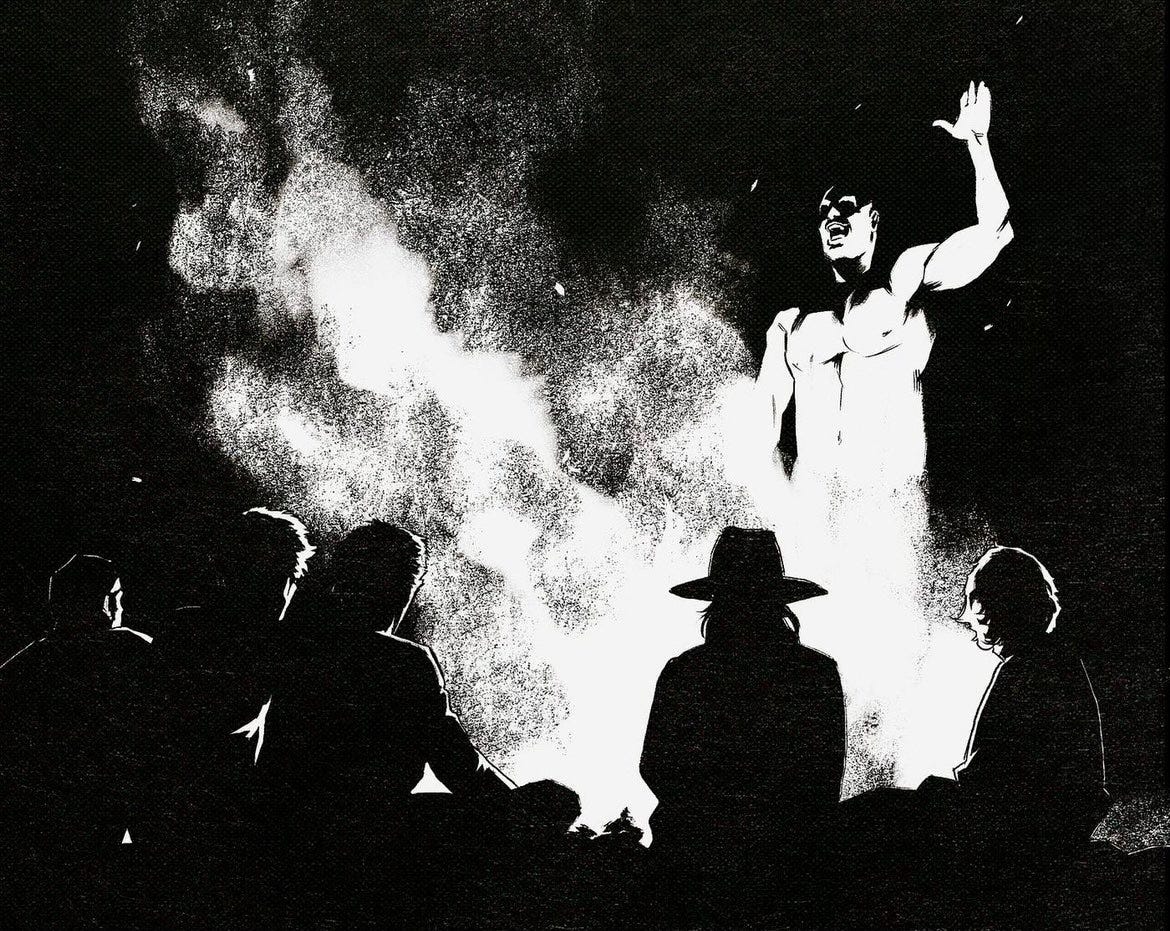On Teaching Blood Meridian
Twenty Years of Teaching McCarthy's Masterpiece
I taught Blood Meridian for the first time in the spring of 2001. I was in my PhD program at the University of Denver, teaching an Approaches to Literature class as a TA.
As a whole, students were put off by the ultra-violence of the novel’s first 100 pages. I remember one young woman saying, “Okay, I get it. It’s like, ‘There’s some people over there: …


